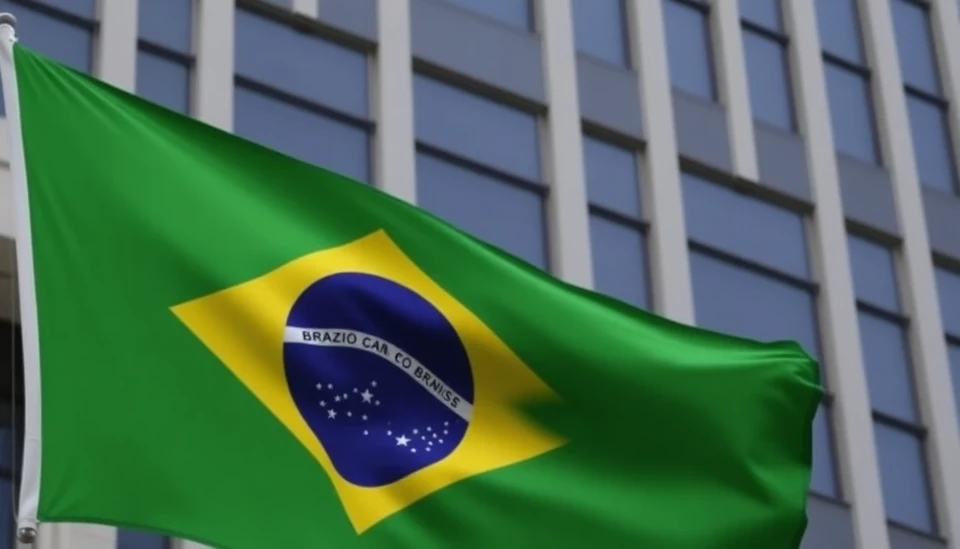
The Brazilian Central Bank is currently navigating through a complex economic landscape as it approaches a critical decision regarding interest rates. With inflation rates remaining stubbornly high, the bank faces a "nightmare scenario" where it must balance the dual goals of curbing inflation and supporting economic growth. This predicament arises at a time when the nation's economic recovery remains fragile, posing significant implications for the broader market and society.
In a recent statement, the Central Bank acknowledged that inflation has persisted above its target levels, which has sparked crisis talks among both economists and policymakers. The bank must decide whether to tighten monetary policy further, which could inhibit spending and potentially stunt growth, or to maintain its current stance, risking a runaway inflation rate that could erode purchasing power for everyday Brazilians.
Data shows that consumer prices in Brazil have increased by 5.5% over the past year, well above the Central Bank's target rate of 3.5%. Despite indications that inflationary pressures may be easing, many analysts believe that the slow pace of economic growth could complicate the bank's path forward. Increasing interest rates at this juncture might lead to backlash from consumers and businesses alike, whose confidence is already waning.
In light of these challenges, several key economic indicators suggest that timing is critical for the Central Bank’s next move. The unemployment rate remains higher than pre-pandemic levels, and significant portions of the Brazilian population are still grappling with economic instability. An increase in interest rates could exacerbate this issue, leading to a potential pushback from an electorate that is still wary about their economic fortunes.
Furthermore, external factors such as fluctuations in commodity prices and international capital flows add another layer of complexity to the decision-making process. Brazil's economy has historically been sensitive to global economic conditions, and any decision to increase rates could provoke reactions from markets that are already on edge.
As the Central Bank weighs its options, it is clear that communication will be key. Investors and the public will be closely monitoring not just the decision itself, but also the rationale behind it. A well-articulated plan could help mitigate some of the anxiety that currently clouds the Brazilian economy, while a lack of clarity could invite further volatility and uncertainty.
In the days leading up to this crucial meeting, analysts are urging a careful review of both local and global economic trends to ensure that any actions taken by the Central Bank are well-informed and strategically thought out. The upcoming rate decision could very well define the trajectory of Brazil's economic recovery in the months and years to come.
As the Central Bank heads into its decision-making meeting, all eyes will be on Brazil to see how it maneuvers through this intricate economic maze. The stakes are high, and the implications of this decision will reverberate throughout the economy.
#Brazil #CentralBank #Economy #InterestRates #Inflation #EconomicRecovery
Author: Laura Mitchell




